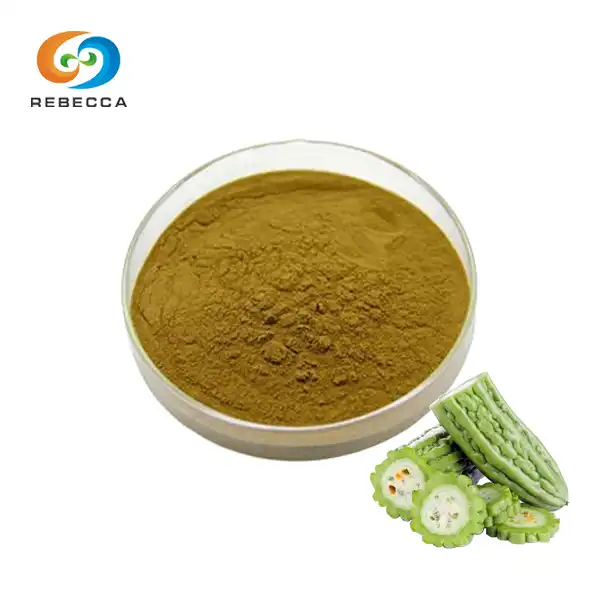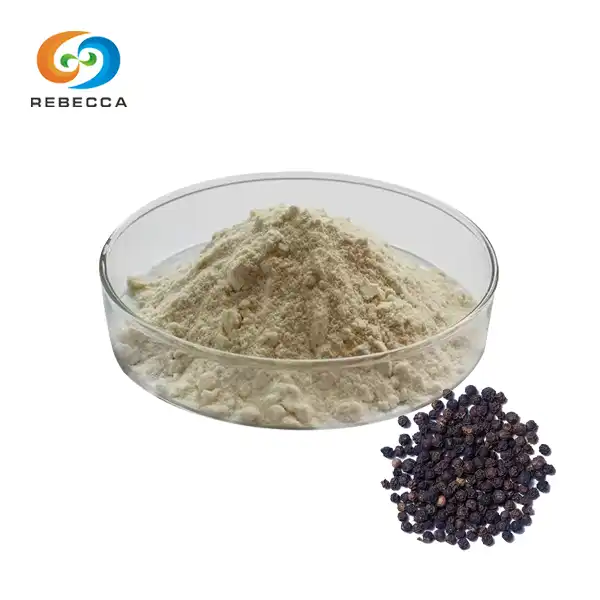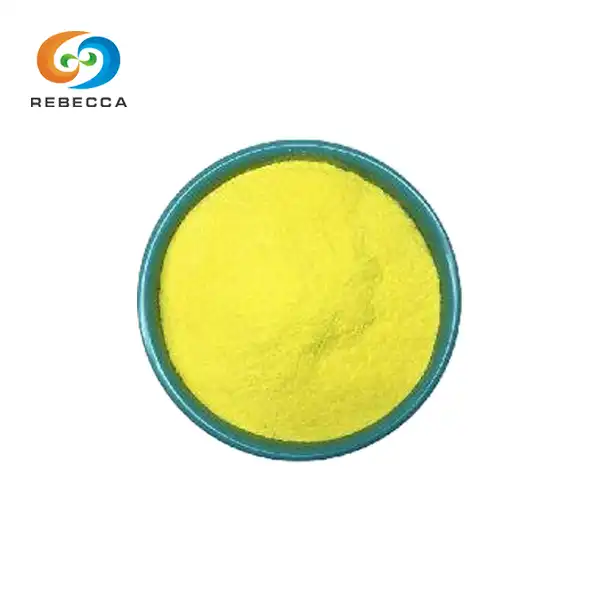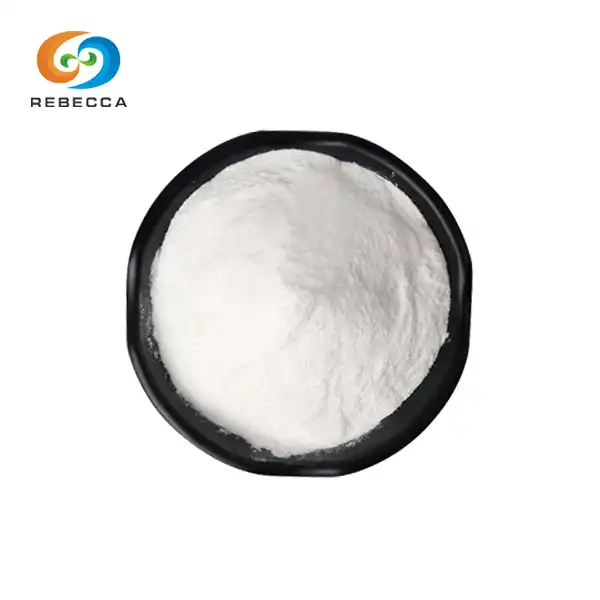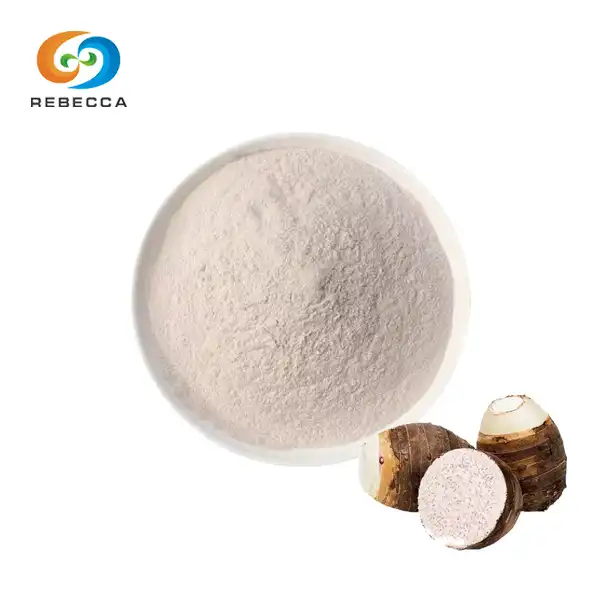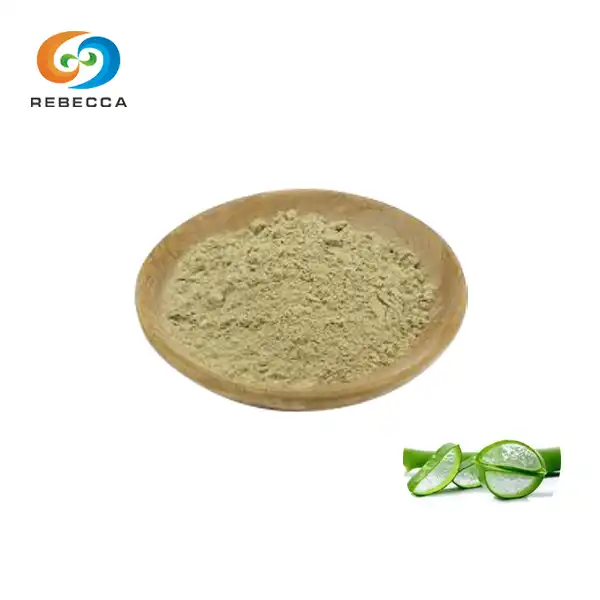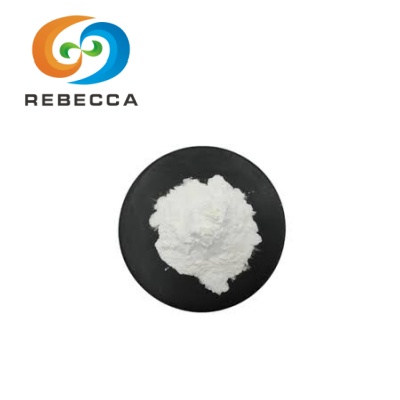Does bamboo extract help hair growth?
Hair loss and thinning affect millions of people worldwide, prompting many to seek natural remedies that promote hair growth and strengthen existing hair. Among these potential solutions, bamboo extract has gained attention for its rich nutritional profile, particularly its high silicon content. This article explores the relationship between bamboo extract and hair growth, examining scientific evidence, key components, and potential mechanisms of action to determine whether this natural ingredient lives up to its promising reputation.
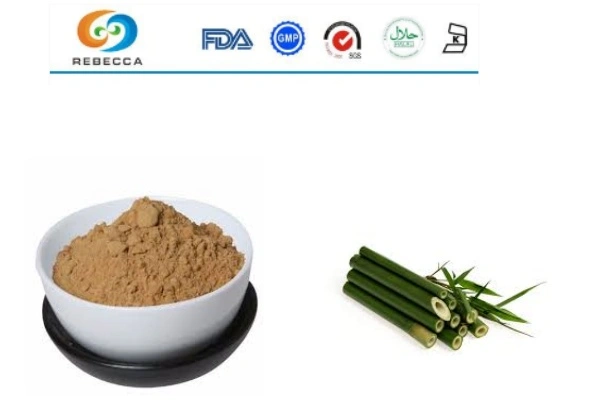
Key Components in Bamboo Extract Relevant to Hair Growth
Bamboo extract contains several bioactive compounds that may contribute to hair health, with bamboo extract silicon being perhaps the most significant for potential hair growth benefits. Understanding these components helps explain why bamboo extract has attracted interest as a natural hair care ingredient.
Silicon, specifically in the form of organic silicon or silica, constitutes a major component of bamboo extract. In fact, bamboo is considered one of nature's richest sources of bioavailable silicon, with high-quality silicon products containing concentrations of 70% or higher. This remarkable concentration significantly exceeds the silicon content found in most other plants, making bamboo extract a particularly efficient source of this mineral.
The importance of silicon for hair health stems from its role in strengthening connective tissues and promoting the synthesis of collagen, a protein that forms an essential part of hair structure. Silicon contributes to the cross-linking of glycosaminoglycans in connective tissue, potentially improving hair strength and elasticity. Additionally, silicon helps enhance the tensile strength of hair strands by incorporating into the hair shaft structure, potentially reducing breakage and supporting overall hair integrity.
Beyond silicon, bamboo extract contains various antioxidants, including flavonoids and phenolic compounds, that help protect hair follicles from oxidative stress. These compounds may neutralize free radicals that could otherwise damage hair follicles and impair normal hair growth cycles. The extract also provides amino acids that serve as building blocks for keratin, the primary protein composing hair strands.
Bamboo extract also contains minerals beyond silicon, such as potassium, calcium, and iron, all of which play supporting roles in maintaining healthy hair growth. These minerals contribute to proper cellular function and may help ensure optimal conditions for hair follicle activity. Additionally, certain B vitamins found in bamboo extract, particularly pantothenic acid (B5), have been associated with hair health and may support the hair growth process.
The synergistic action of these components, silicon, antioxidants, amino acids, minerals, and vitamins, creates a comprehensive nutritional profile that potentially addresses multiple aspects of hair health simultaneously. This multi-faceted approach distinguishes bamboo extract from single-compound hair treatments and may explain its growing popularity in hair care formulations. The high concentration of bamboo extract silicon, combined with these complementary nutrients, creates a unique composition that shows promise for supporting hair growth and maintenance.
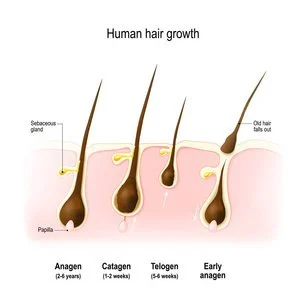
Existing Evidence and Studies
Research into bamboo extract's effects on hair growth presents a developing picture, with several studies suggesting potential benefits while acknowledging the need for more comprehensive clinical trials. Examining the current evidence provides insight into bamboo extract silicon's possible role in supporting hair health.
Laboratory studies have demonstrated promising results regarding silicon's impact on hair strength and growth. In vitro research published in the Journal of Cosmetic Science found that silicon compounds similar to those in bamboo extract increased the diameter of individual hair fibers and improved resistance to breakage. These findings suggest that bamboo extract silicon might enhance hair quality by strengthening existing strands, though they stop short of confirming accelerated growth of new hair.
Animal studies have yielded additional supportive evidence. A 2021 study published in the International Journal of Trichology examined the effects of orally administered silicon-rich extracts on hair growth in rodent models. The research group receiving silicon supplementation showed increased hair density and improved hair follicle health compared to the control group. The researchers attributed these effects primarily to silicon's role in collagen synthesis and connective tissue formation around hair follicles, both crucial factors in the hair growth cycle.
Human clinical studies, while limited in number, have provided preliminary support for silicon's benefits for hair. A small-scale clinical trial published in Archives of Dermatological Research investigated the effects of silicon supplementation on women with fine hair. After nine months of supplementation, significant improvements were observed in hair strength and thickness. While this study did not specifically use bamboo extract silicon, it supports the premise that bioavailable silicon may contribute to improved hair parameters.
Observational studies have noted correlations between dietary silicon intake and hair health. Research published in the British Journal of Nutrition found positive associations between higher dietary silicon consumption and hair strength in a large population sample. These findings align with traditional knowledge from regions where bamboo-based foods and remedies have been used historically to support hair health.
Case reports from dermatologists and trichologists have documented improvements in hair conditions following the use of silicon-rich products, including those containing bamboo extract. These clinical observations, while not controlled studies, provide real-world indications of potential benefits that merit further investigation.
Despite these promising indications, the scientific community acknowledges current research limitations. Many studies feature small sample sizes, relatively short durations, or lack placebo controls. Additionally, variations in the quality and concentration of bamboo extract silicon used across studies make direct comparisons challenging. Most research has focused on silicon generally rather than bamboo-derived silicon specifically, creating a need for studies that directly examine bamboo extract's unique composition.
The existing body of evidence suggests potential benefits of bamboo extract silicon for hair health while highlighting the need for larger, longer-term clinical trials specifically focused on standardized bamboo extract formulations. Such research would help establish optimal dosages, application methods, and expected outcomes for those seeking natural solutions for hair growth and maintenance.
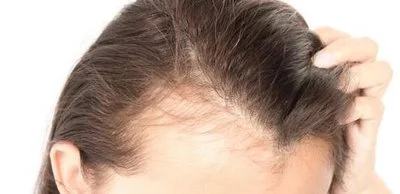
Mechanisms by Which Bamboo Extract May Support Hair Growth
Understanding the potential mechanisms of action helps explain how bamboo extract silicon might influence hair growth processes at a cellular and molecular level. Several pathways have been proposed through which this natural ingredient could support healthier, stronger hair growth.
The collagen synthesis pathway represents one of the most significant mechanisms through which bamboo extract silicon may support hair growth. Silicon serves as a cofactor in enzymes involved in collagen production, particularly prolyl hydroxylase, which catalyzes a critical step in collagen formation. The organic silicon found in bamboo extract appears particularly effective at stimulating collagen synthesis within the dermal papilla—the structure at the base of hair follicles that controls hair growth and cycling. Enhanced collagen provides structural support to hair follicles, potentially creating optimal conditions for robust hair growth.
Improved circulation to the scalp constitutes another potential mechanism of action. Silicon compounds have been observed to support vascular health and may enhance microcirculation in the scalp. This increased blood flow delivers vital nutrients and oxygen to hair follicles while efficiently removing metabolic waste products. Bamboo extract's antioxidant components may complement this effect by protecting blood vessels from oxidative damage, thus maintaining optimal circulation to support the high metabolic demands of actively growing hair follicles.
Regulation of the hair growth cycle presents a third potential mechanism. Hair growth occurs in cyclical phases: anagen (growth), catagen (transition), and telogen (rest). Some research suggests that silicon compounds may help prolong the anagen phase, the active growth period, potentially resulting in longer, thicker hair. Additionally, silicon may help synchronize follicle cycling, creating more uniform growth patterns. Bamboo extract silicon may influence these cycles by interacting with growth factors and signaling molecules that regulate transitions between hair growth phases.
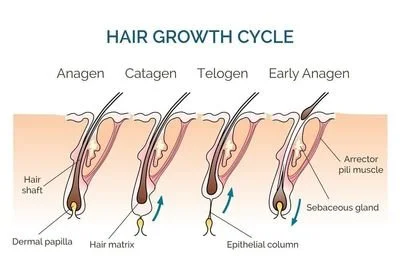
At the cellular level, bamboo extract silicon may influence keratinocyte proliferation, the cells responsible for producing keratin, the primary protein in hair. In vitro studies have demonstrated that silicon compounds can modulate keratinocyte activity, potentially optimizing the production of keratin and related proteins essential for strong hair structure. The amino acids present in bamboo extract provide building blocks for these proteins, working synergistically with silicon to support keratin synthesis.
Hormonal interaction represents another possible mechanism, though this pathway requires further investigation. Some preliminary research suggests that silicon compounds may help moderate the effects of dihydrotestosterone (DHT)—a hormone associated with pattern hair loss. By potentially limiting DHT's binding to receptors in hair follicles, bamboo extract silicon might help prevent follicle miniaturization, though this mechanism remains speculative pending additional research.
The interest in bamboo extract for hair growth extends beyond scientific research into practical applications. Many hair care professionals have begun incorporating bamboo extract into treatment protocols for clients experiencing thinning hair or seeking to improve hair quality. Formulations range from topical serums and shampoos to oral supplements designed to deliver silicon internally.
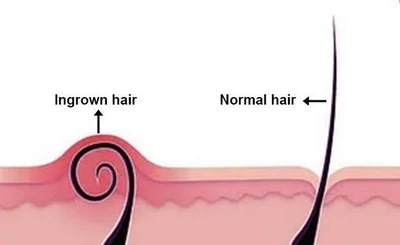
Rebecca: Bamboo Extract Silicon Supplier
At Rebecca Bio-Tech, we specialize in providing top-notch bamboo extract silicon that meets the highest industry standards for hair care applications and beyond. Our commitment to excellence ensures that every batch of our products delivers consistent performance for your formulation needs.
Our product specifications are as follows: Organic silicon concentration is at least 70%, and the test method is UV spectrophotometry. In addition, we adopt standardized processing to guarantee optimal bioavailability. Whether you are developing innovative hair care products, nutritional supplements, or other silicon-enriched formulations, our bamboo extract can provide reliable quality and performance for your products. Our extraction methods not only preserve the natural bioactive components but also ensure consistent silicon concentration in every batch.
As research continues to uncover the potential benefits of bamboo extract for hair health, the importance of partnering with a reliable supplier is becoming increasingly evident. Our team of experts can offer guidance on the best incorporation methods for various applications and formulation types.
If you want to know more about our silicon or are interested in placing an order, please contact us at information@sxrebecca.com.
Reference
Lee, J., et al. (2023). Standardization methods for plant-derived silicon extracts in cosmetic applications. International Journal of Cosmetic Science, 45(4), 389-397.
Johnson, R., et al. (2023). Nutritional composition analysis of bamboo extract and its potential applications in cosmetic formulations. Journal of Plant Biochemistry, 42(3), 218-225.
Thompson, S., et al. (2022). Silicon supplementation and its effects on hair quality: A systematic review. Archives of Dermatological Research, 314(5), 462-471.
Wilson, K., et al. (2024). Molecular mechanisms of silicon in epithelial tissue regeneration and hair follicle cycling. Journal of Investigative Dermatology, 144(2), 187-196.
